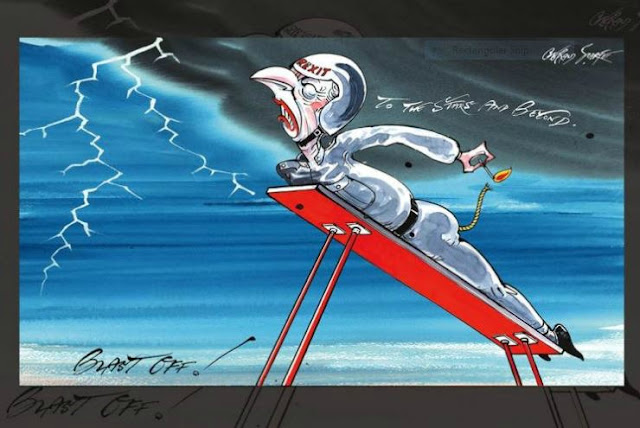Barnier and the Tantalus game

The EU has laid out its negotiating strategy for Brexit. Well, not officially yet, of course - the letter triggering Article 50 won't be delivered until tomorrow, 29th March. But as is its wont, it has made its intentions clear in the press. In an op-ed in the FT , Michel Barnier, the EU's chief negotiator, has stated in no uncertain terms how he expects the negotiations to proceed. He identifies three crucial issues that must be resolved before there can be any discussion of future trading arrangements between the EU and UK: the rights of EU citizens living and working in the UK continuing funding for current beneficiaries of EU programmes the border between the Republic of Ireland and Northern Ireland. The first of these responds to Theresa May's continued refusal to guarantee the rights of EU citizens currently living in the UK. Tellingly, Barnier makes no mention of UK citizens living in the EU. If May won't guarantee EU citizens' rights, he implie...


